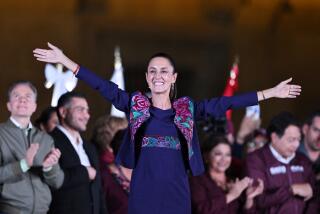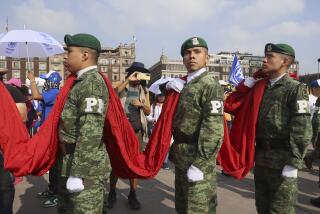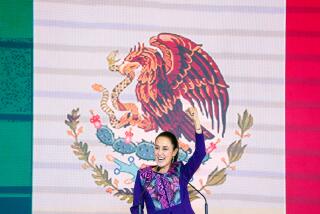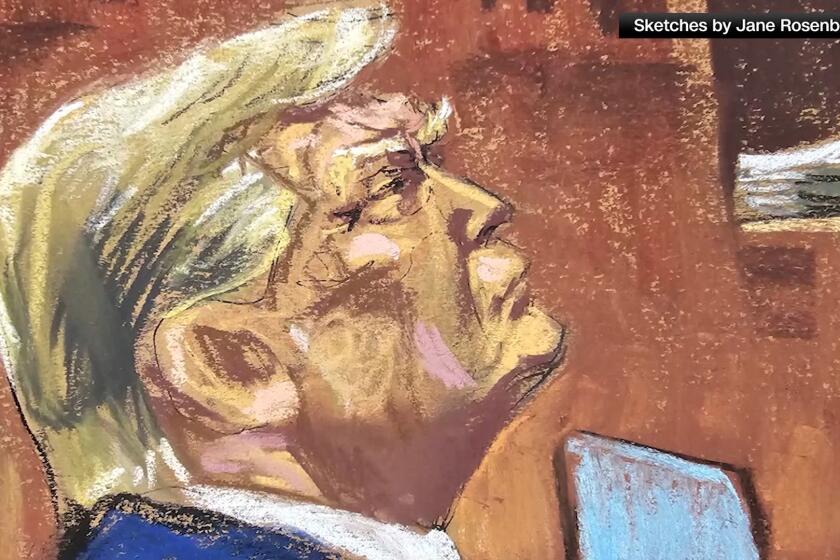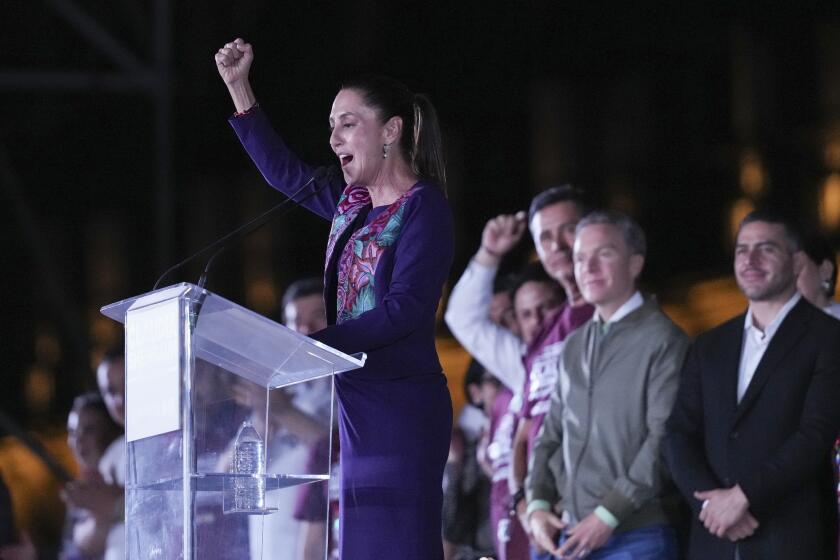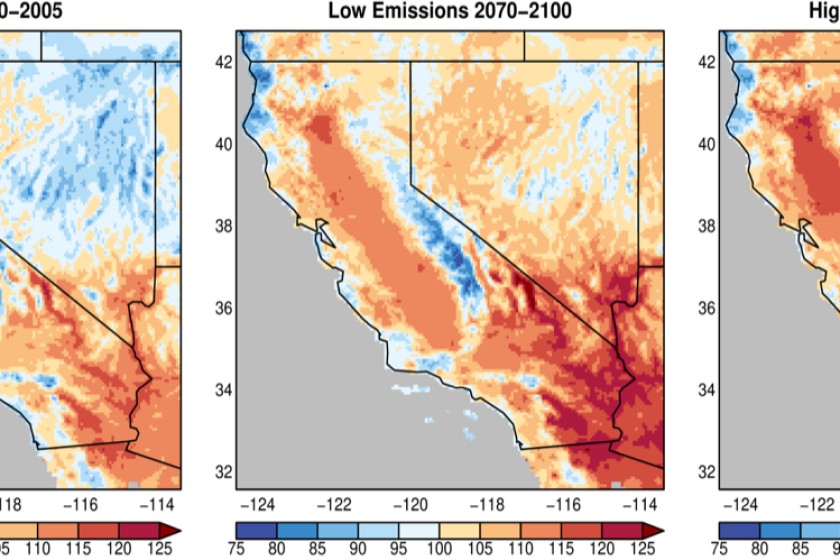Ivorians Take Stock Amid a Lull in Fighting
The guttural screams of shattered young men rent the balmy midday heat outside the C.H.U. Treichville hospital where patients had to be treated in the yard Saturday because there was no room inside.
To supporters of Ivory Coast’s government, these young men are the heroes of the moment, wounded in clashes with French soldiers during the last week. But the care they are receiving is less than stellar.
As a nurse dug deep into his wounded foot searching for a bullet, Alain Ouraga, 19, screamed, wrapping his arms around his older sister, Laura.
It’s not the practice here to give anesthesia for wound dressings.
“It hurts! It hurts! Help me! I’ll never walk again!” Ouraga yelled. On his plaster cast was a message of congratulations: “To you, Great Fighter for Freedom,” that his brother-in-law had written proudly.
According to the Ivory Coast government, 70 people were killed and more than 1,000 injured during five days of chaos last week.
Anti-French riots broke out Nov. 6 after the French military destroyed the country’s small air force in retaliation for the deaths of nine French peacekeepers in a government airstrike. An American aid worker also died in the bombing.
The Ivory Coast government has accused the French of using “extreme violence” against unarmed demonstrators.
After initial denials, the French admitted that they fired at protesters, after first shooting into the air.
The head of the French military, Gen. Henri Bentegeat, said in a radio interview Thursday that French troops opened fire on the angry mob to hold back what he called “a pack of looters, rapists and uncontrollable or manipulated people.”
The general said that the French troops used minimal force and that many of the wounded were hit when some protesters fired guns.
Residents are now slowly assessing the fallout: the dead and wounded; businesses and houses gutted; the shattered relationship with France; and the international damage to Ivory Coast, once again seen as an unpredictable and sometimes chaotic country, unsafe for investors.
A cease-fire in the country’s civil war was signed in May 2003, but a subsequent power-sharing deal between the government and rebels was short-lived. This month, government forces attacked rebel positions, sparking the recent violence.
On Saturday, many Westerners left Abidjan, the main city, as part of a French-run evacuation, Associated Press reported.
Meanwhile, at the hospital, the wounded young men, mostly members of a pro-government nationalist group called the Young Patriots, yelled and writhed.
Alain Ouraga was hurt last week as he sought to help prevent a column of French tanks from moving between the airport and the city. He said his fellow demonstrators were decked in flags, singing anti-French songs when the French forces lobbed tear-gas canisters at them.
The French troops then began shooting, he said, and he decided to go home. A friend yelled at him to get down to avoid being shot.
“Just when I was talking to him, something happened: Ba! They got me. I was so frightened I was running away on one leg. I was lucky -- I could have been killed,” he said.
Ouraga did not see who fired the bullet but said he was sure it came from a French soldier.
Ouraga’s brother, Elvis, 27, also was injured. Their sister, Laura, was furious at the French military for firing at the crowd, but believed her brothers’ wounds were a source of honor.
“I’m very proud because they are the men of this country, they are the future generation of this country,” she said.
The Ouraga brothers and thousands of other angry young men poured into the streets after the leader of the Young Patriots, Charles Ble Goude, called on them to demonstrate against what he claimed was a French attempt at a coup d’etat.
Forty-four years after the French gave Ivory Coast its independence, Ivorians such as the Ouragas do not believe their country is actually free.
Many resent the wealthy French expatriates who live comfortably while most Ivorians struggle. Some object to French companies owning assets and resources in Ivory Coast.
There is strong resentment of the French military and growing calls for French troops to leave.
“There are some places in the country which are rented out to us by the French. I want to fight so that those places are not rented to us by the French. I think those places should belong to us,” Alain Ouraga said.
The head of the hospital’s emergency unit, Maurice Gnagne, who described himself as a patriot -- a term that in Ivory Coast often means government supporter -- said the young men receiving treatment were fighting for liberty and democracy.
“Until the [French] attack we thought the Ivorians were in charge of the country and could do what they like. But these events make me think it’s not like that at all: The French are in charge,” he said.
Inside the hospital, 25-year-old Hermane Sibailly lay seriously ill after bullets perforated his small intestine, forcing doctors to remove a section. He too was injured while taking part in a protest.
A worried Pauline Amessan sat on the floor beside her restless son.
Anti-French protests were not worth her son’s injury, she said. But in a climate where even oblique criticism of the government is considered dangerous, she did not care to expand. She stared into the distance, saying nothing.
More to Read
More to Read
More to Read
Start your day right
Sign up for Essential California for news, features and recommendations from the L.A. Times and beyond in your inbox six days a week.
You may occasionally receive promotional content from the Los Angeles Times.
